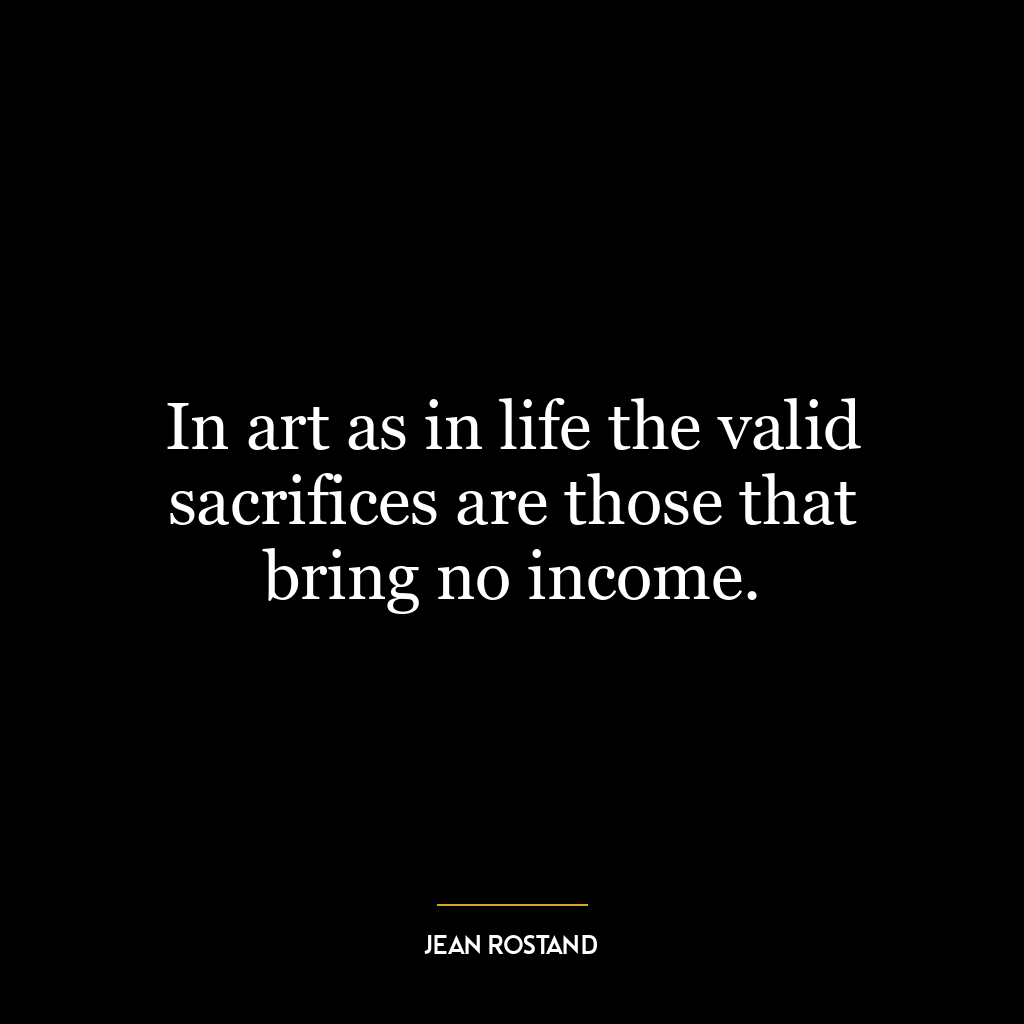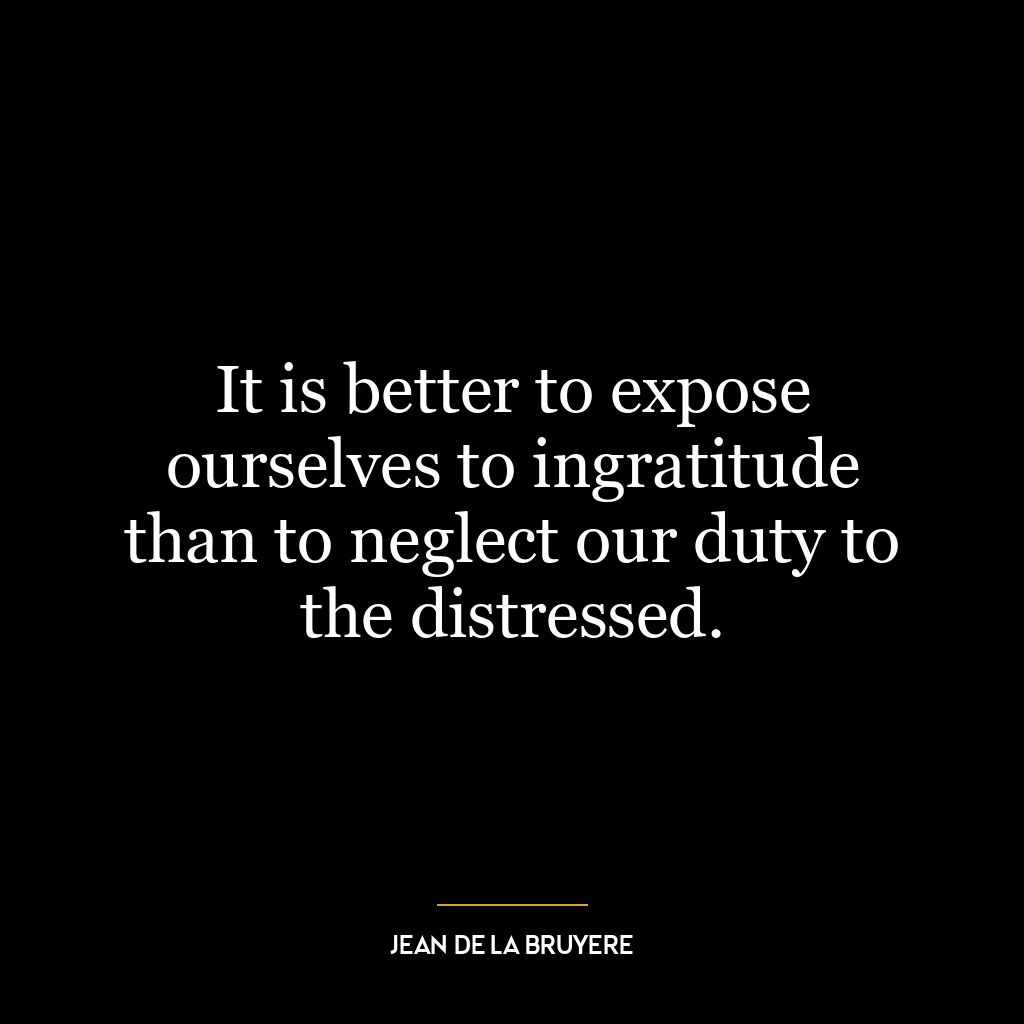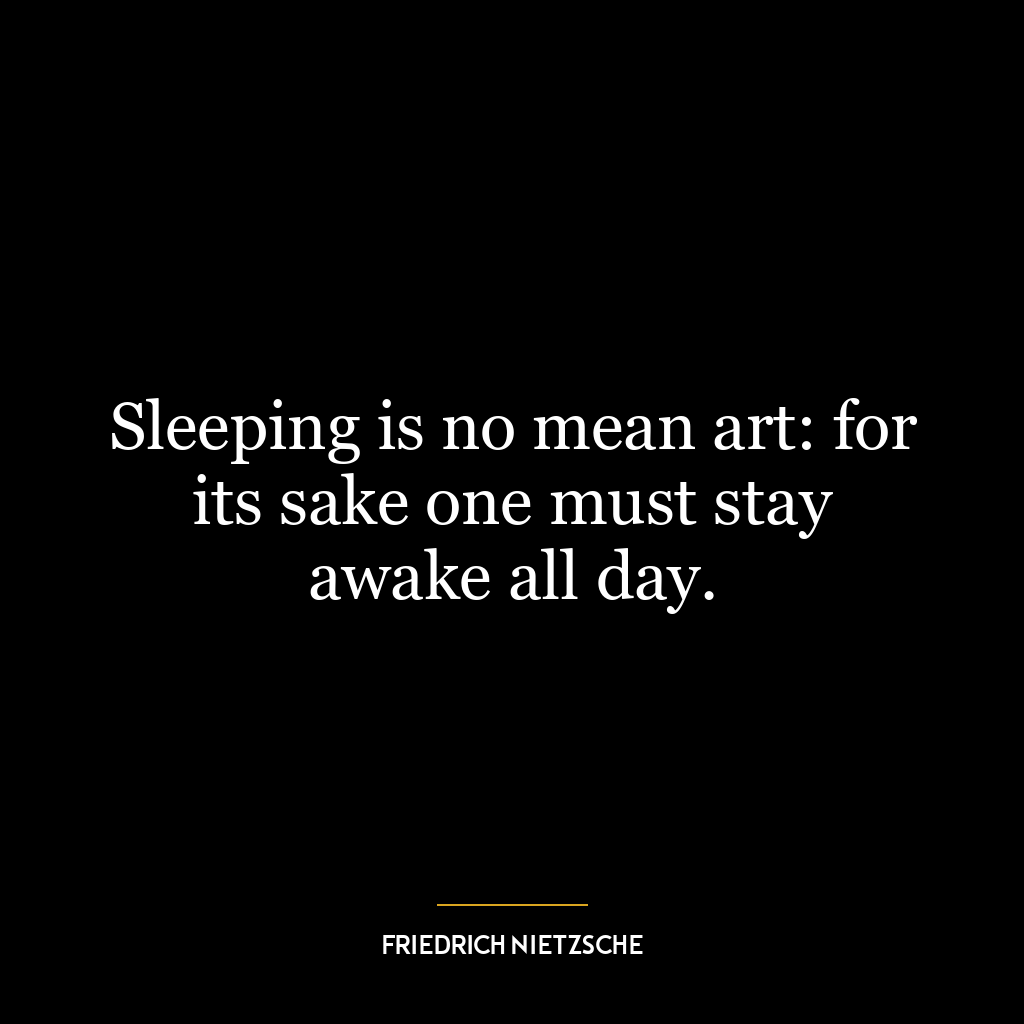Nonviolent defence presupposes recklessness about one’s life and property.
This quote implies that the practice of nonviolent resistance requires a certain degree of indifference towards one’s own well-being and possessions. In essence, it suggests that the pursuit of justice through peaceful means often necessitates personal sacrifice. This could mean putting oneself in harm’s way, risking physical harm, or even losing property as a result of standing up against oppression or injustice.
The concept does not necessarily advocate for recklessness in the sense of acting without thought or care, but rather stresses on the willingness to risk personal safety and material possessions in the commitment to nonviolence. It underlines an understanding that real change often comes with a price tag – sometimes a hefty one.
In today’s world, this idea is still applicable in numerous ways. For instance, peaceful protests against racial injustice or climate change may involve risking arrest or violent retaliation. On a smaller scale though, it could apply to personal development too – standing up against bullying at school or workplace may invite backlash but ultimately contributes to creating safer environments.
Moreover, being reckless about one’s life does not necessarily mean endangering oneself physically; it can also imply prioritizing moral principles over personal comfort and convenience. For instance, someone might choose to give up a lucrative job because they disagree with their company’s unethical practices.
In essence then: embracing nonviolent defense is about having courage – courage not only to stand up for what’s right but also readiness to bear potential losses (be those physical wellbeing or material possessions) as part of that process.









